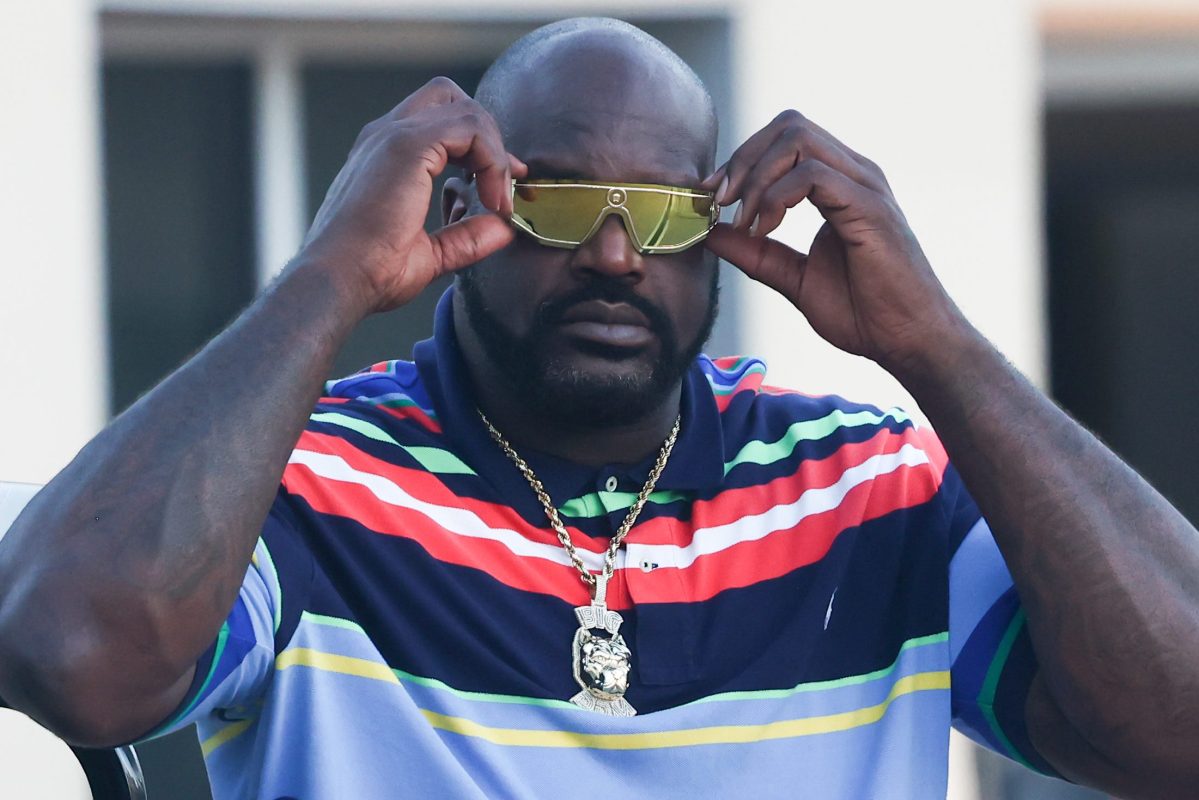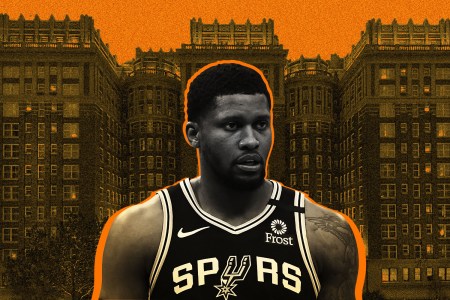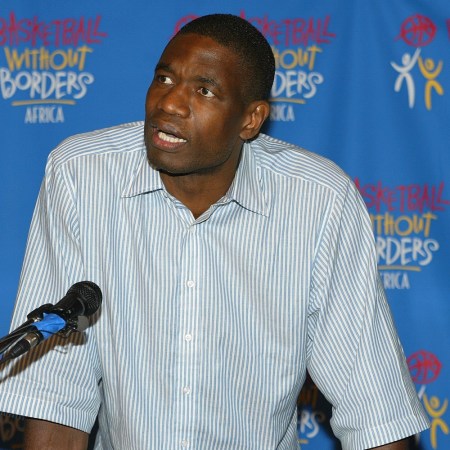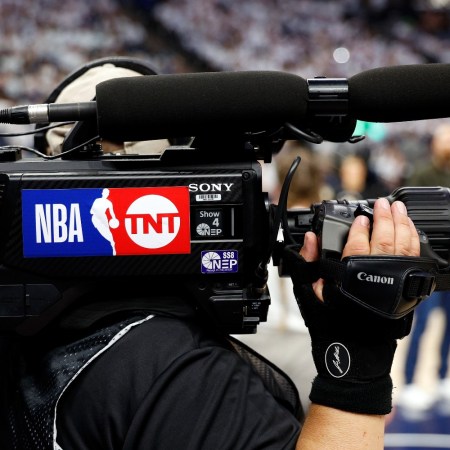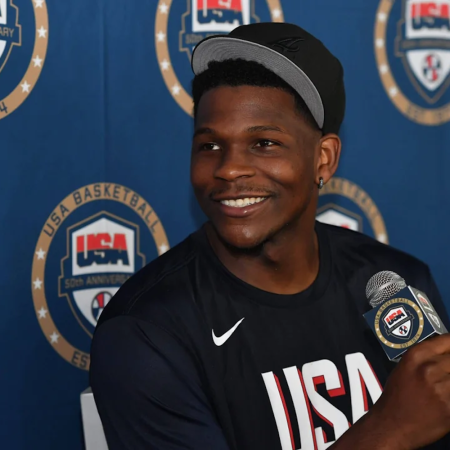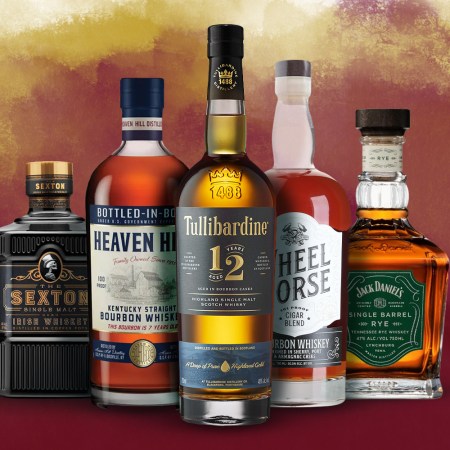During the 1990s, it’s difficult to think of too many people who were bigger stars — literally — than Shaquille O’Neal.
Named Rookie of the Year after being selected No. 1 overall by the Orlando Magic in the 1992 NBA draft following a Hall-of-Fame college career at LSU, 7-foot-1 O’Neal made an immediate impact on the basketball court and off the hardwood as well with the 1993 release of his debut rap album, Shaq Diesel. Put out on Jive Records, the album featured production from notable names including EPMD’s Erick Sermon, A Tribe Called Quest’s Ali Shaheed Muhammad and Main Source’s K-Cut and guest appearances from Def Jef, the Fu-Schnickens and Tribe’s Phife Dawg. The first of four albums O’Neal released in the ’90s, Shaq Diesel topped out at No. 25 on the U.S. Billboard chart and was certified platinum.
Speaking ahead of relaunching a basketball court at the Challengers Boys & Girls Club of metro Los Angeles as part of his Comebaq Courts partnership with Icy Hot, O’Neal still has fond memories of making the record three decades ago and is proud of what he was able to accomplish in the studio.

“When I first came into the NBA I just wanted to rap with my favorite rappers on The Arsenio Hall Show because I wanted to show the world that I was different. I wanted to come into the league different,” O’Neal tells InsideHook. “They’d never seen a seven footer rapping before. I was pretty good at it because I’d been doing it for a long time. My agent told me they wanted to give me $10 million for three albums. I was like, ‘Hey, I’ll take it.’ My whole concept was just me rapping with my favorite rappers. It was just me dreaming like a kid. Then we put the album out. The first one went platinum and all the other ones were gold. It was a great experience for me.”
According to O’Neal, the roots of Shaq Diesel were planted during his days of going to the Boys and Girls Club while growing up. “The Boys and Girls Club was the place where I cultivated the character known as Shaq,” he says. “You’d have to show the counselor your daily progress report, and if it was good you could go to the music room or go play basketball. I’d choose basketball about 80% of the time, but I wasn’t that good and my confidence wasn’t high enough to stay out there. I would watch for a few minutes and then go to the music world.”
Now a successful dubstep DJ who goes by the name DIESEL (a.k.a. Dubstep Dad), the NBA legend gets as big a rush from performing on stage as he did during his days dominating on the court.
Rudy Gay on Oklahoma City's Haunted Hotel, And Other Tales From the NBA Road
Gay discusses fashion, food and The Skirvin Hilton Oklahoma City“It gives me the same adrenaline boost I would get from participating in a playoff game. Kids are screaming and cheering and jumping up and down for an hour and a half. I need that sometimes,” he says. “People don’t realize it’s the same thing. When it’s Game 7 and the town knows you’re gonna win, they go crazy. When you come to a festival to DJ and drop that first hit, people go crazy. Same thing. That’s why I do it. People say, ‘Oh, I didn’t know you were a DJ. I didn’t know you could rap like that.’ I was DJing in the Boys and Girls Club in ’83. I know turntables and mixers and blenders. I’ve been playing ball and rapping and all this stuff since ’83. I’ve been doing it a long time.”
So does O’Neal want to be remembered as a four-time NBA champion, a platinum-selling rapper or a hit dubstep DJ?
“I get asked this question all the time. The answer is always the same and very simple,” he says. “Shaq was a nice guy. He spent this. He owns this. He’s worth this. None of that matters. Shaq’s a nice guy. That’s it. That’s all I want.”
This article was featured in the InsideHook newsletter. Sign up now.
